To determine what policies are part of the bi3 Advocacy Agenda we analyze their priority to achieving success in bi3’s key funding areas, the ability of the organization to influence what may happen, and the potential risk vs. benefit of the proposed advocacy.
The assessment process helps us clarify the level of our engagement. It’s forced ranking assists us in determining whether we educate about a condition or advocate for specific public policies; whether we convene partners or support another partner’s lead and whether we fund grantees to do policy analysis, education or advocacy.
For each policy rank both categories as high/medium/low
- Priority
Is this a key priority for advancing both Bethesda’s and TriHealth’s mission?
Does it directly benefit bi3’s key funding areas or priority populations?
Is this supported by a grantee or significant community partner?
Have we been asked by an elected or appointed official to help? - Influence
Do we have probable ability to influence what will happen?
Will it happen without us or is our influence necessary?
Is there or could there be broad community support for this?
Would our support motivate involvement of TriHealth and/or other funders?
Policies ranked as a high or medium in both categories should proceed to the risk assessment. Policies ranked low in both categories are eliminated.
- Risk
Does our involvement have the potential to cause TriHealth or Bethesda Inc. harm?
Are we vulnerable to attacks on our motives, including conflict of interest?
Could our position be perceived as partisan?
Would key stakeholders and partners, including TriHealth, support our involvement? Is there a risk in not taking a position?
Policies ranked as high or medium risk are either eliminated or have an individual plan that mitigates the risk by outlining the specific advocacy strategies that will be utilized.

